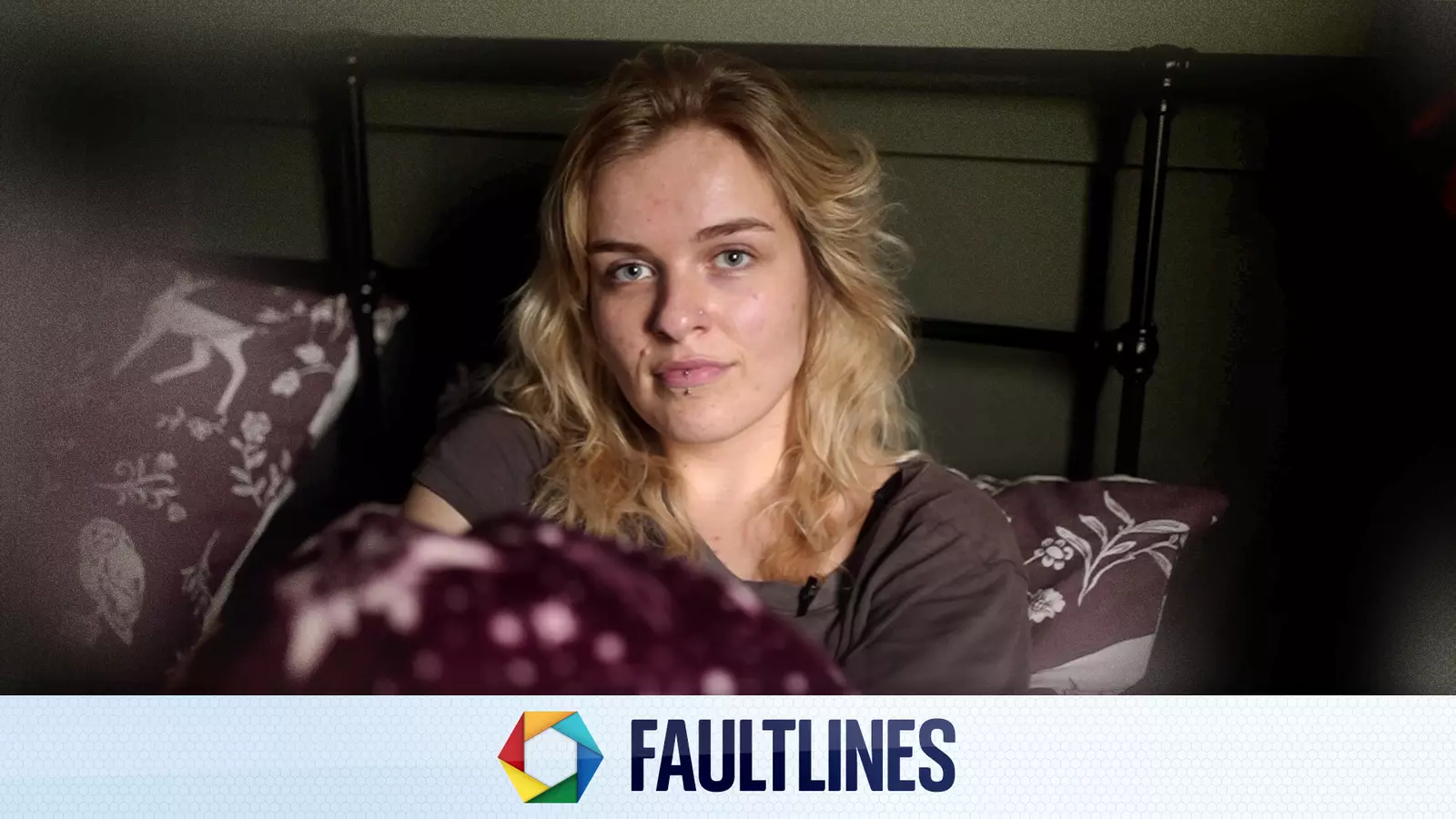Claire, a 34-year-old patient, has been waiting for a knee replacement for over two years. The excruciating pain in her knee has made it impossible for her to work or even walk without assistance. She describes the waiting process as agonizing and frustrating, with constant cancellations and delays. The impact of NHS waiting times on patients like Claire is not just physical but also mental and emotional. The lack of timely treatment can lead to a decline in overall quality of life and a sense of hopelessness.
The impact of NHS waiting times is evident in the skyrocketing numbers of patients waiting for treatment. The COVID-19 pandemic has only exacerbated the issue, with waiting lists doubling to 7.5 million. Patients are left in limbo, unsure of when they will receive the care they desperately need. Despite targets stating that 92% of patients should begin treatment within 18 weeks, this target has not been met for nearly a decade. The NHS waiting times crisis has become a central issue for voters in the upcoming general election.
Political parties have proposed various solutions to tackle NHS waiting times. Labour has pledged to cut waiting times with additional evening and weekend appointments, funded by cracking down on tax avoidance. The Conservatives and Lib Dems have also promised to pour extra funding into the NHS to reduce waiting lists. However, the public’s trust in political parties to solve the NHS crisis is dwindling, with only a fraction believing that any party can effectively address the issue. The lack of trust in the government’s ability to improve NHS waiting times reflects a deep-seated skepticism among the public.
Jasmine’s harrowing experience with endometriosis waiting times sheds light on the personal toll of prolonged delays in treatment. The excruciating pain she battles daily has taken a massive physical and mental toll on her. With an average waiting time of over eight years for an endometriosis diagnosis, Jasmine’s life has been put on hold. The failure to receive timely treatment has shattered her dreams and left her feeling hopeless about the future. The psychological effects of living with chronic pain and uncertainty are often overlooked in discussions about NHS waiting times.
The current state of NHS waiting times paints a grim picture of the healthcare system’s ability to meet the needs of patients. The growing crisis of waiting lists and delayed treatments requires urgent attention and action from policymakers. It is not enough to make empty promises or pour more funding into the system without addressing the root causes of the issue. Patients like Claire and Jasmine deserve better than a healthcare system that leaves them suffering and waiting in agony.
The crisis of NHS waiting times is a complex and multifaceted issue that requires a comprehensive and sustainable solution. The impact on patients’ physical and mental well-being cannot be overstated, and the urgency of addressing this crisis cannot be ignored. It is time for policymakers to prioritize the needs of patients and work towards creating a healthcare system that is efficient, compassionate, and responsive to the needs of those it serves. Only then can we begin to alleviate the suffering of patients like Claire and Jasmine who are caught in the grip of the NHS waiting times crisis.



Leave a Reply